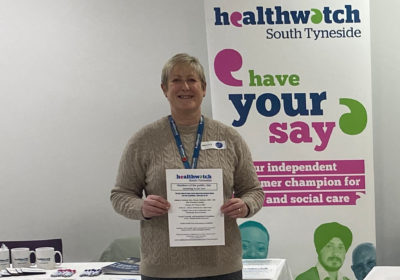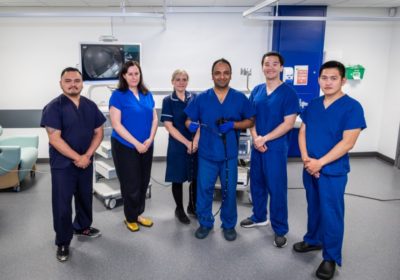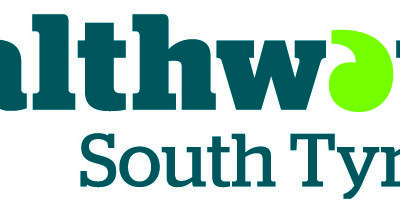South Tyneside and Sunderland NHS Foundation Trust commissioned Healthwatch to carry out a survey of patients following the receipt of some negative feedback.
The Trust asked Healthwatch South Tyneside and Healthwatch Sunderland to support the work, by obtaining patient feedback from patients on several wards at South Tyneside District Hospital and Sunderland Royal Hospital.
The purpose of the research was to provide valuable information that could aid the development of improvements of both nutrition and hydration and overall mealtime experiences for patients.
A survey was devised to understand the ‘food experience’ for patients from ordering, to preparation for food arriving at the bedside, to their actual meal.
Questions in the survey focused on several areas including:
- Choice
- Quality and quantity
- Availability
- Support available/received
Healthwatch South Tyneside staff and volunteers visited Ward 5 at South Tyneside District Hospital unannounced on two occasions in November and January, speaking to 22 patients.
Patient responses were gathered at bedsides by Healthwatch staff and volunteers; senior ward staff determined which patients were well enough to be invited to participate.
We found the majority of people were happy with the quality, quantity and choice of food and drink whilst on the ward.
Some dissatisfaction was observed around the different menus and foods being available on one menu that were not available on the other and we heard varying reports around food temperature.
We also noted high numbers of patients reported not being encouraged to wash hands prior to eating.
Staffing levels were mentioned by several people as impacting on eating and drinking on the ward and there were two mentions of meals being disturbed by routine care being carried out.
Our recommendations
Whilst it is understood that some care given to patients during mealtimes will be essential, we felt that considering protected mealtimes may reduce the number of times patients are disturbed whilst eating meals for routine care.
Encouragement to wash hands and the provision of hand wipes for all patients would promote personal hygiene at mealtimes, especially for those who are unable to access the sinks.
We found staffing levels appeared to impact on patient experience. Exploring how staff coverage at this time may be increased could lead to improve patient experience in the following ways:
- Increased frequency that handwashing is encouraged and completed
- Possible impact on temperature of food when it arrives at the patient’s bedside
- Those who require support to eat and drink may receive this help in a timely manner
- Increased opportunities to access drinks on the ward (particularly tea and coffee for those waking early)
Suggested additions to the menu of available foods may not be possible but perhaps fruit could be made more freely available for snacks, possibly with the tea trolley rounds on the ward.
Our full report can be found here.






